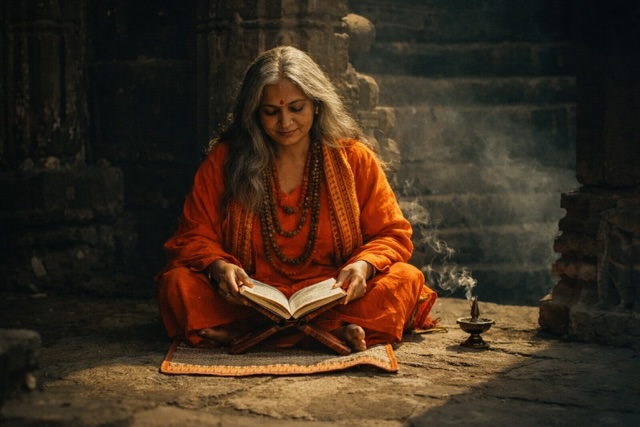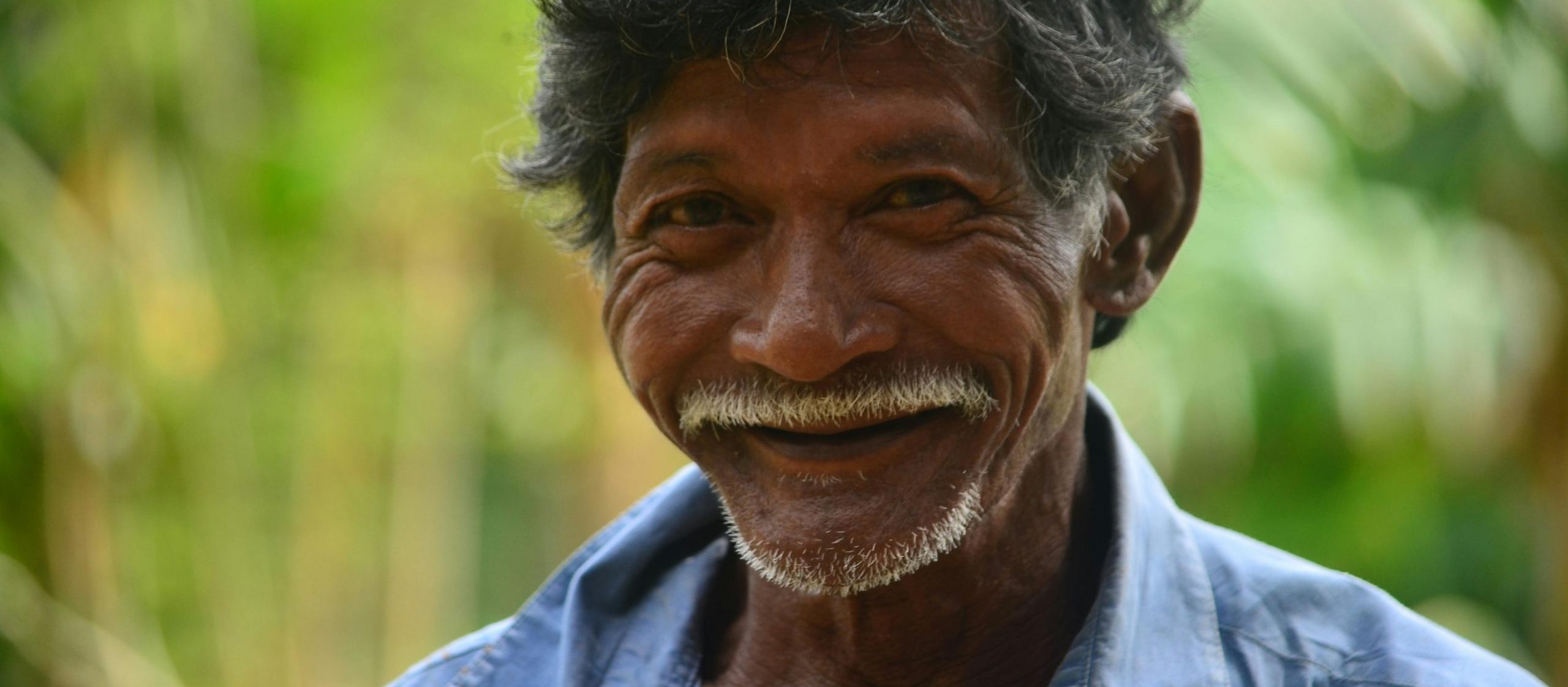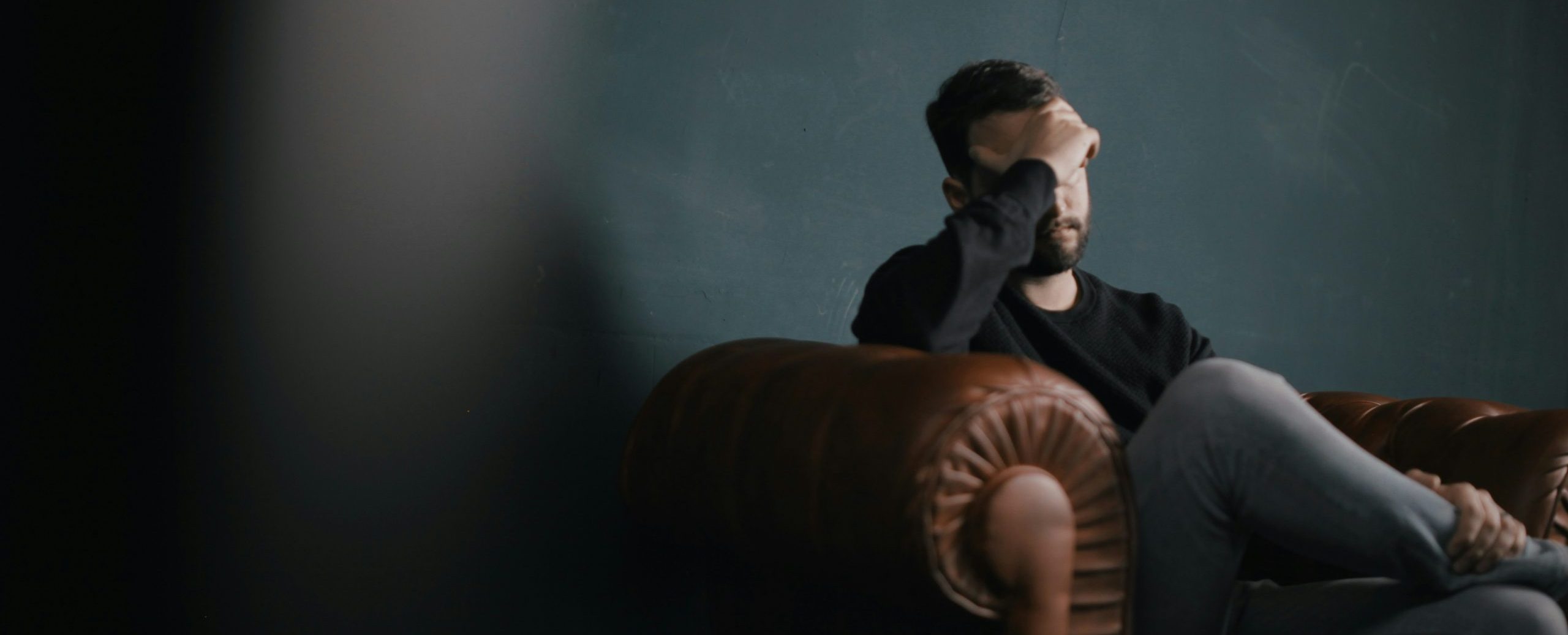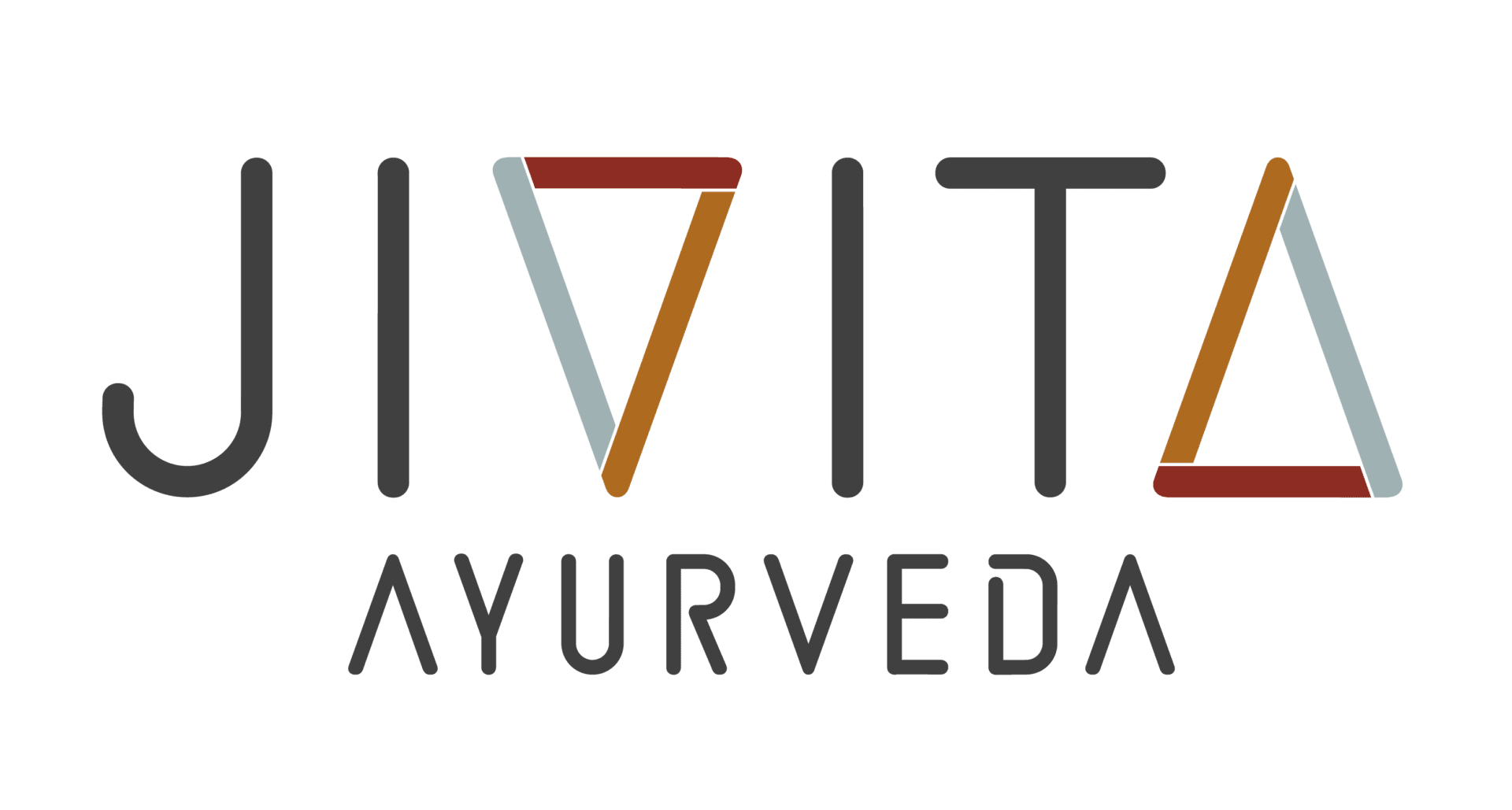How to Live in the Now (For Real)
We all know the best way to spend our days is to be in the now. But how do you actually stay there? How do you stop worrying about the future or ruminating on the past, reliably, not just on a good day?
The key is focus. Most of us were told to focus growing up, but very few were taught how. Focus isn’t a personality trait; it’s a skill. And it’s the doorway to presence.
What does focusing really mean?
Focus is moving from one action to the next with awareness.
It’s the opposite of random, reflexive behaviour. Distraction happens when we slide into activities we didn’t consciously choose, checking our phone for the tenth time, driving on autopilot, eating without tasting.
When you begin to choose your next action, you take hold of the present. You won’t hold it perfectly (no one does) but you can keep bringing your attention back, again and again, to the thing you’re actually doing.
What happens in the now?
In the present moment, thoughts soften and feelings become clearer and here’s the heart of it.
Ask yourself, “How do I feel?” Your mind returns to now instantly, because feeling only lives in the present. Ayurvedic living trains this kind of moment-to-moment inquiry: How am I? Is this comfortable? If yes, continue. If no, do something opposite to restore balance.
Feeling anxious or fearful? Seek warmth and reassurance: a hug, kind words, steady breath.
Feeling heavy or sluggish? Move your body: a brisk walk to invite lightness.
Skin dry and tight? Moisturise: simple care, immediate relief.
Our environment constantly feeds us qualities: hot/cold, heavy/light, dry/moist that become felt states. The most basic response to any stimulus is “I like it / I don’t like it.” When we like, the body eases. When we don’t, the body tenses in preparation. Life is a dance between ease and tension, moment by moment.
Ayurvedic life aims for a steady baseline of ease and the capacity to keep our cool when tension arises. Focus, and the habit of returning to the present, gives us perspective. It keeps the past and future from distorting what’s actually here, so small triggers don’t become big reactions.
Learning to focus (the practical way)
This is a trainable skill. In our Friday morning meditation classes, I teach a simple, portable technique that helps you return to the now anytime, anywhere. It’s not about forcing silence; it’s about giving the mind a clear, gentle anchor, so presence becomes your default more often.
When: Fridays, morning session
Cost: £10 (chai & porridge included)
Where/How: Check the button below
Keep exploring
If this speaks to you, consider deepening your journey with our Jivita Academy programmes, whether for personal development or professional qualification in Ayurvedic education. You can also find talks and practices on our YouTube channel, or book a time to talk with me directly.
Being in the now isn’t a mystery.
It’s a rhythm you learn, a focus you practise, and a kindness you offer yourself, one conscious action at a time.
More Posts

Reintegrating natural intelligence
Ayurveda evolved in response to growing complexity, offering guidance on how to restore harmony within increasingly artificial environments.

The Ultimate Health Goal
When we live well early on, adulthood itself becomes longer and richer and the final stage of life can be gentle, meaningful and free from fear, marked by cognitive clarity rather than deterioration.

SAD – Seasonal affective disorder
In states of fear, our physiology reroutes blood flow to the brainstem, the reptilian brain responsible for fight-or-flight responses, at the expense of the forebrain, particularly the frontal lobe.

Chronic Pain Management Crisis
the future of chronic pain management must become system-based, focusing on restoring self-regulation rather than merely silencing symptoms. Safety and comfort are not luxuries but therapeutic imperatives.
